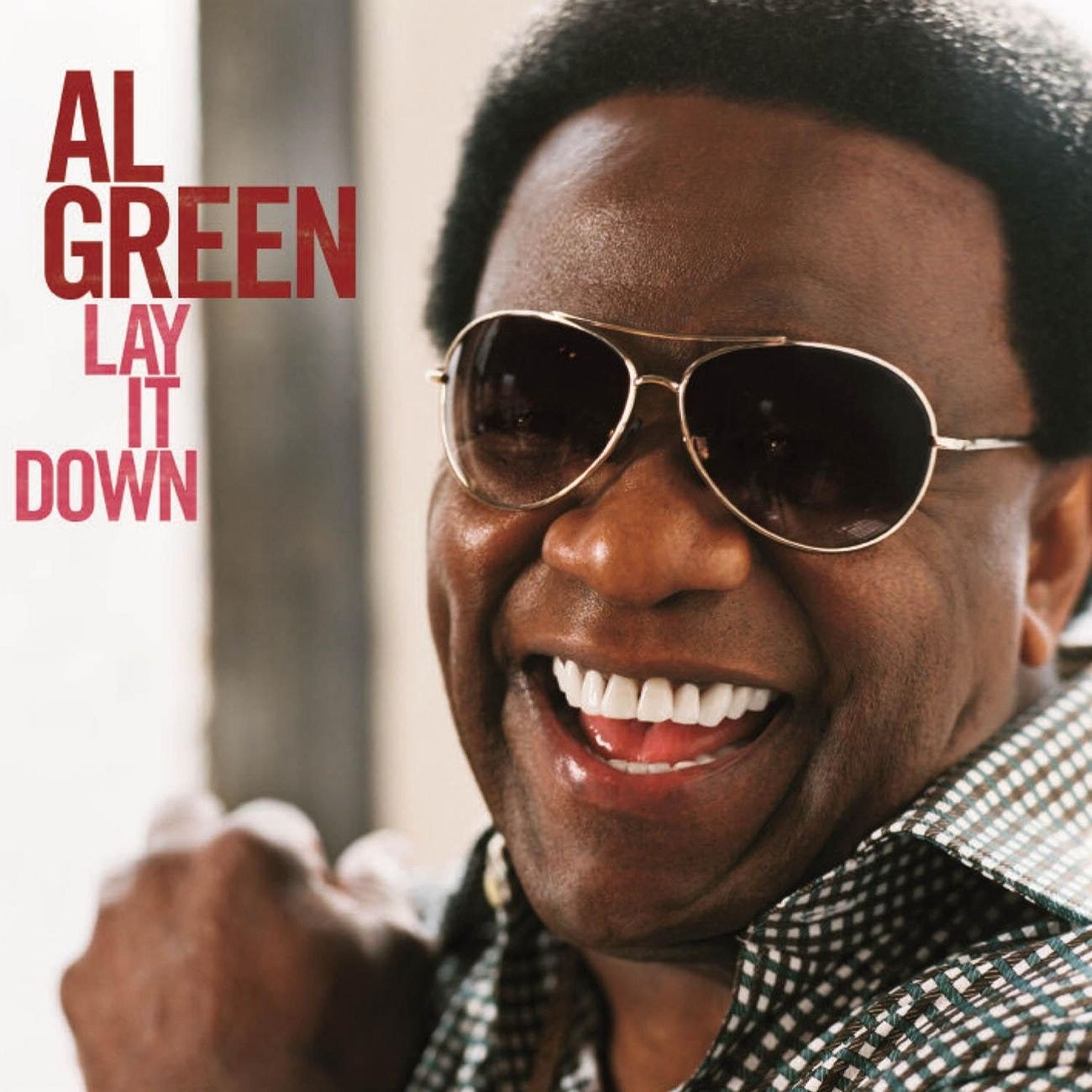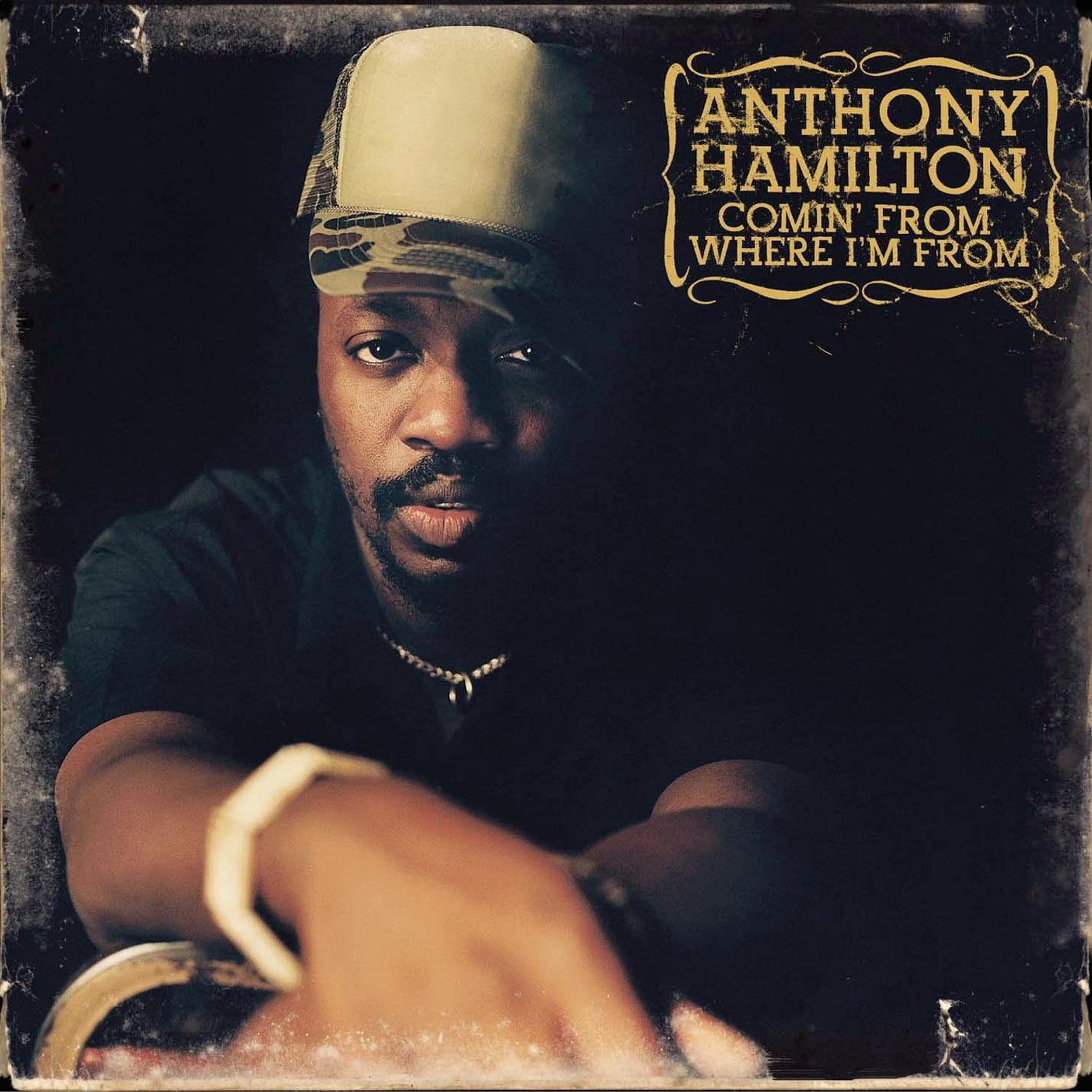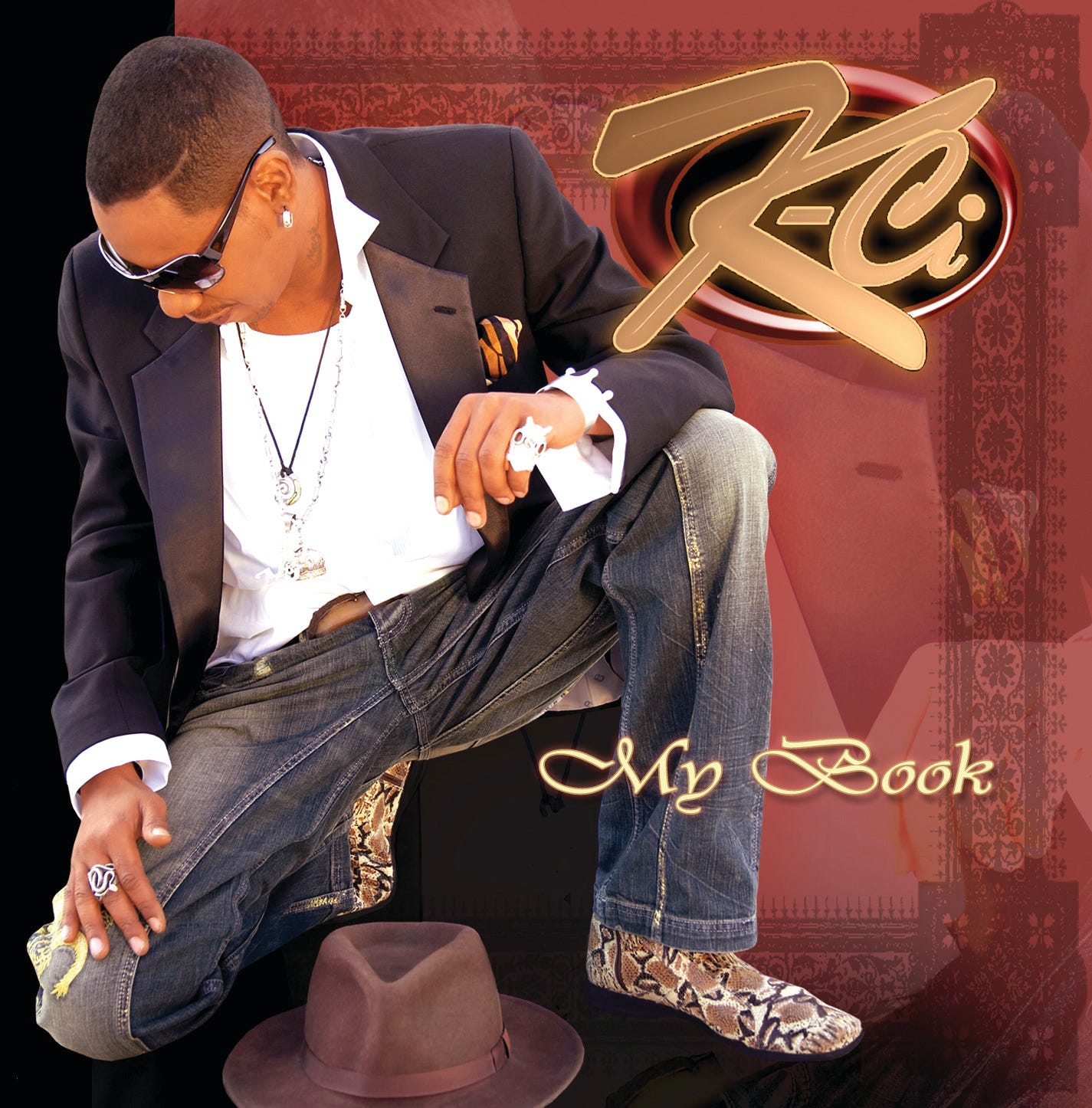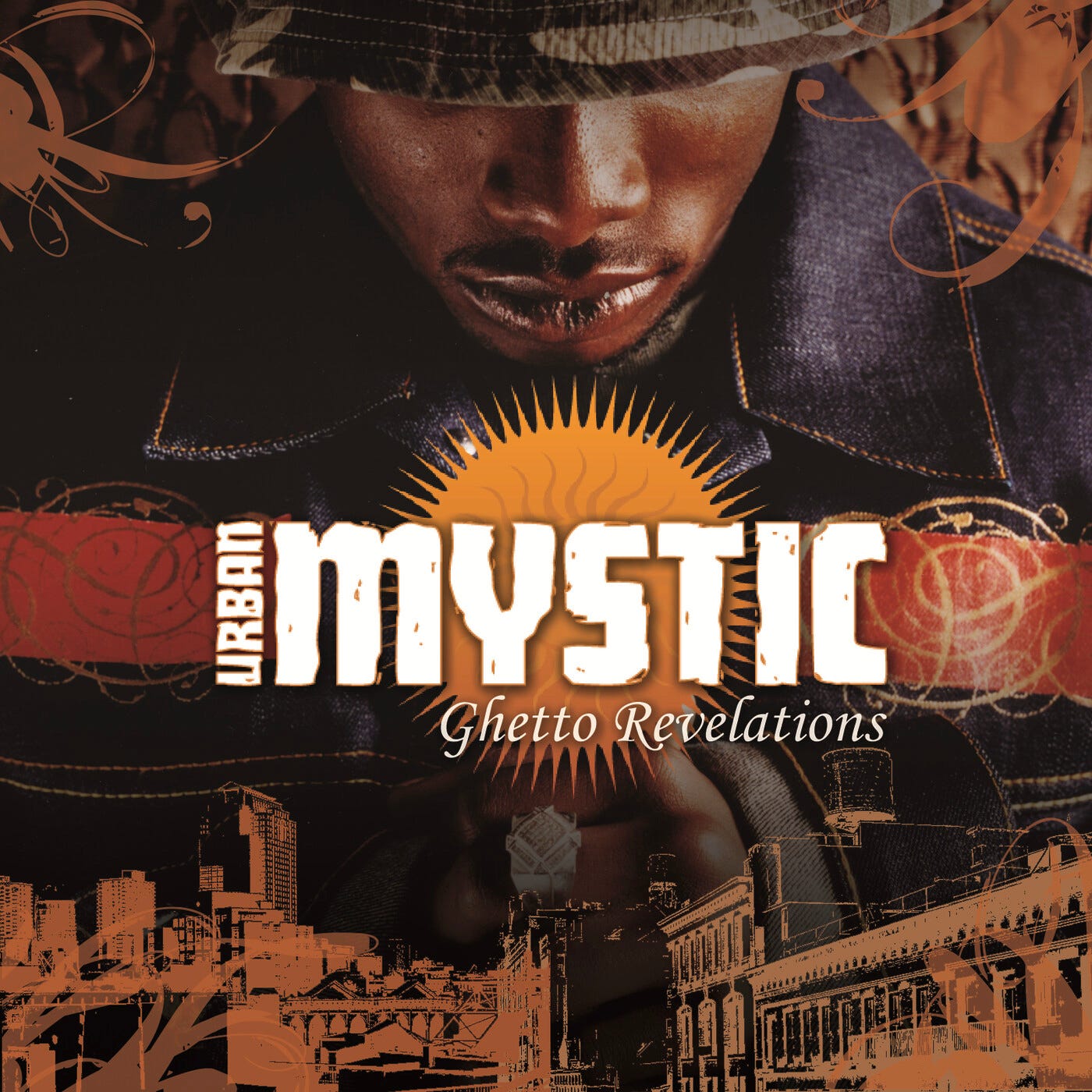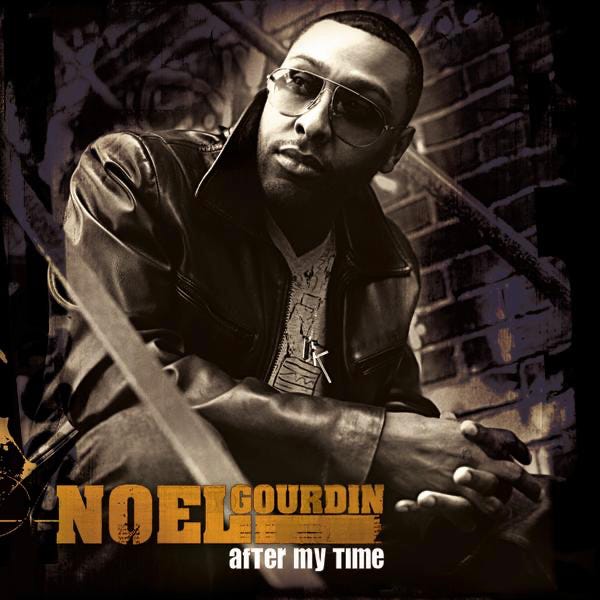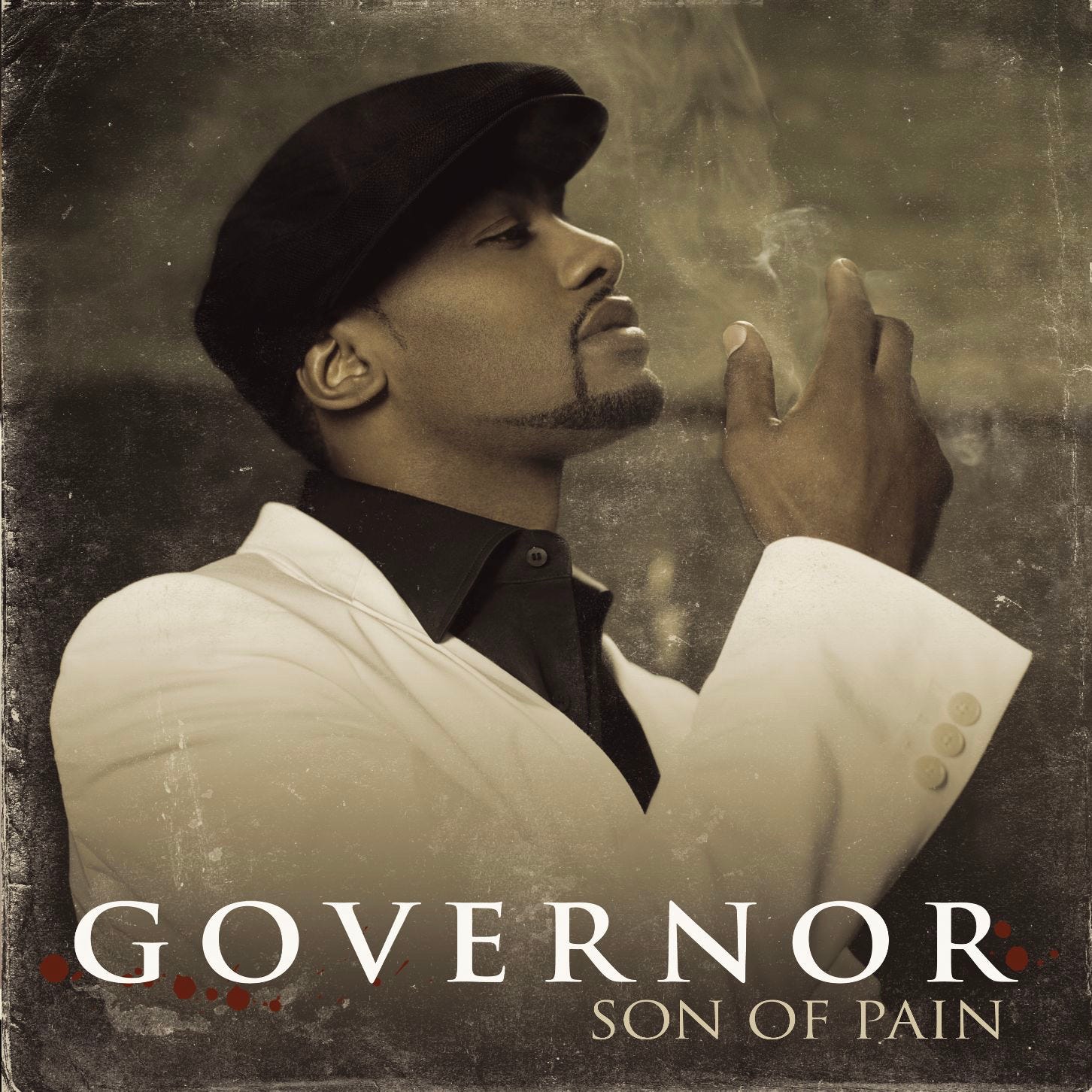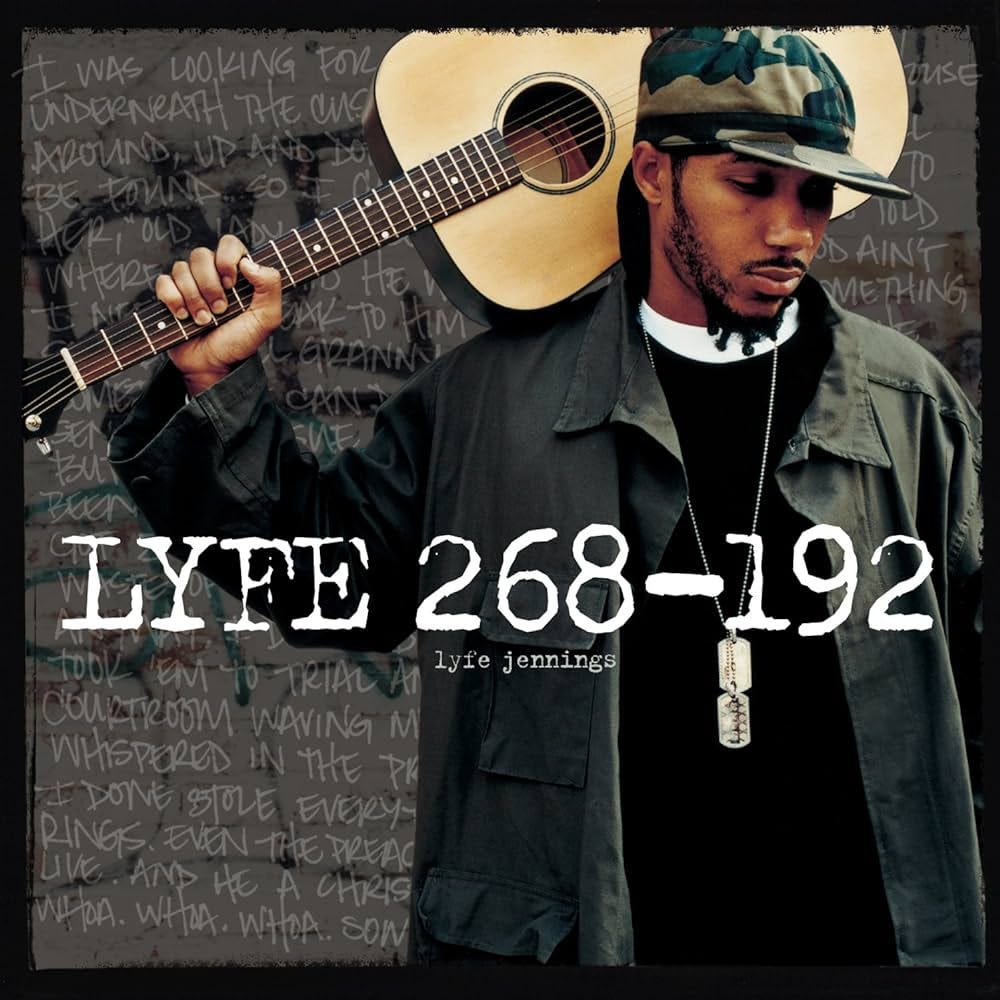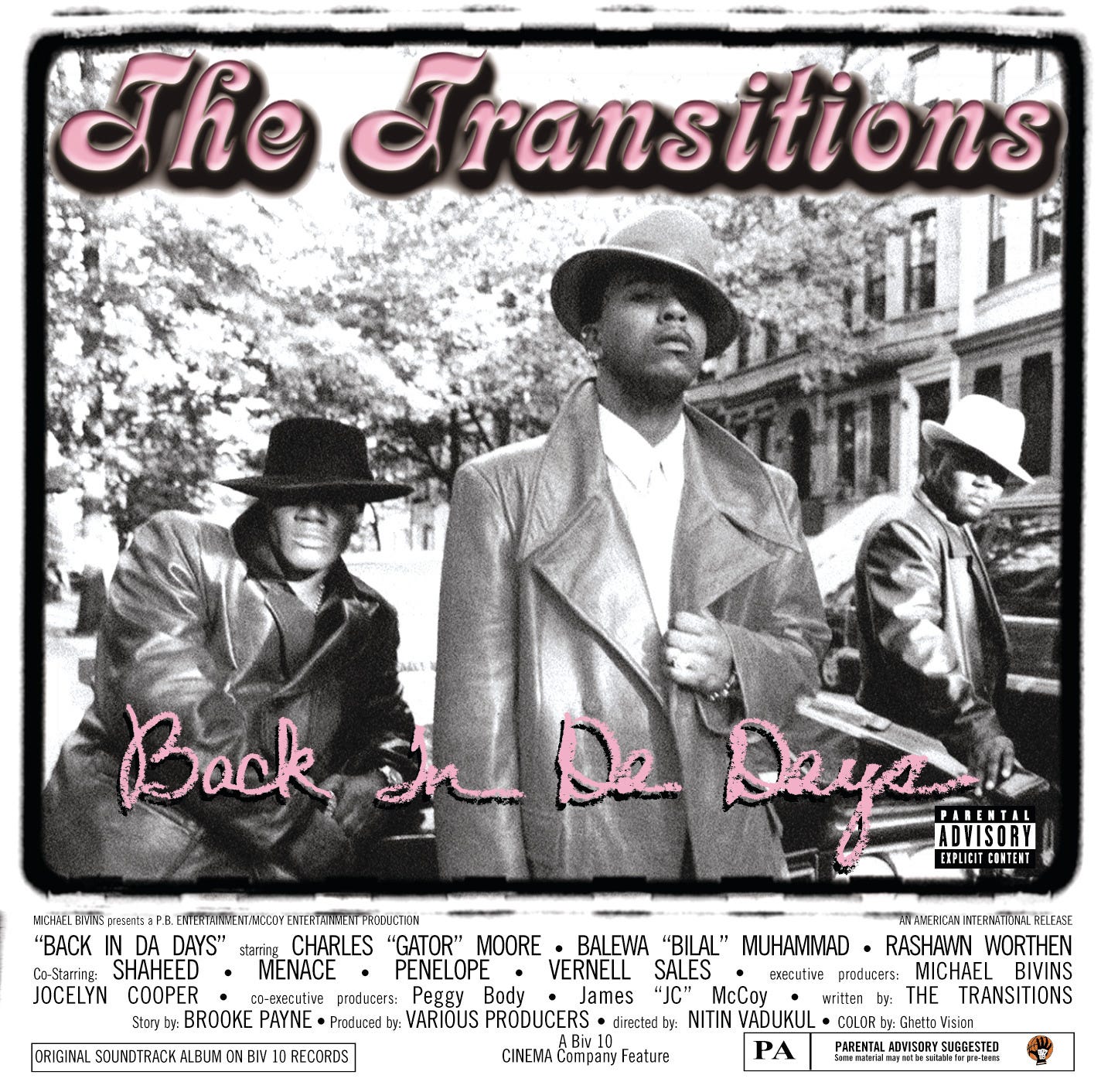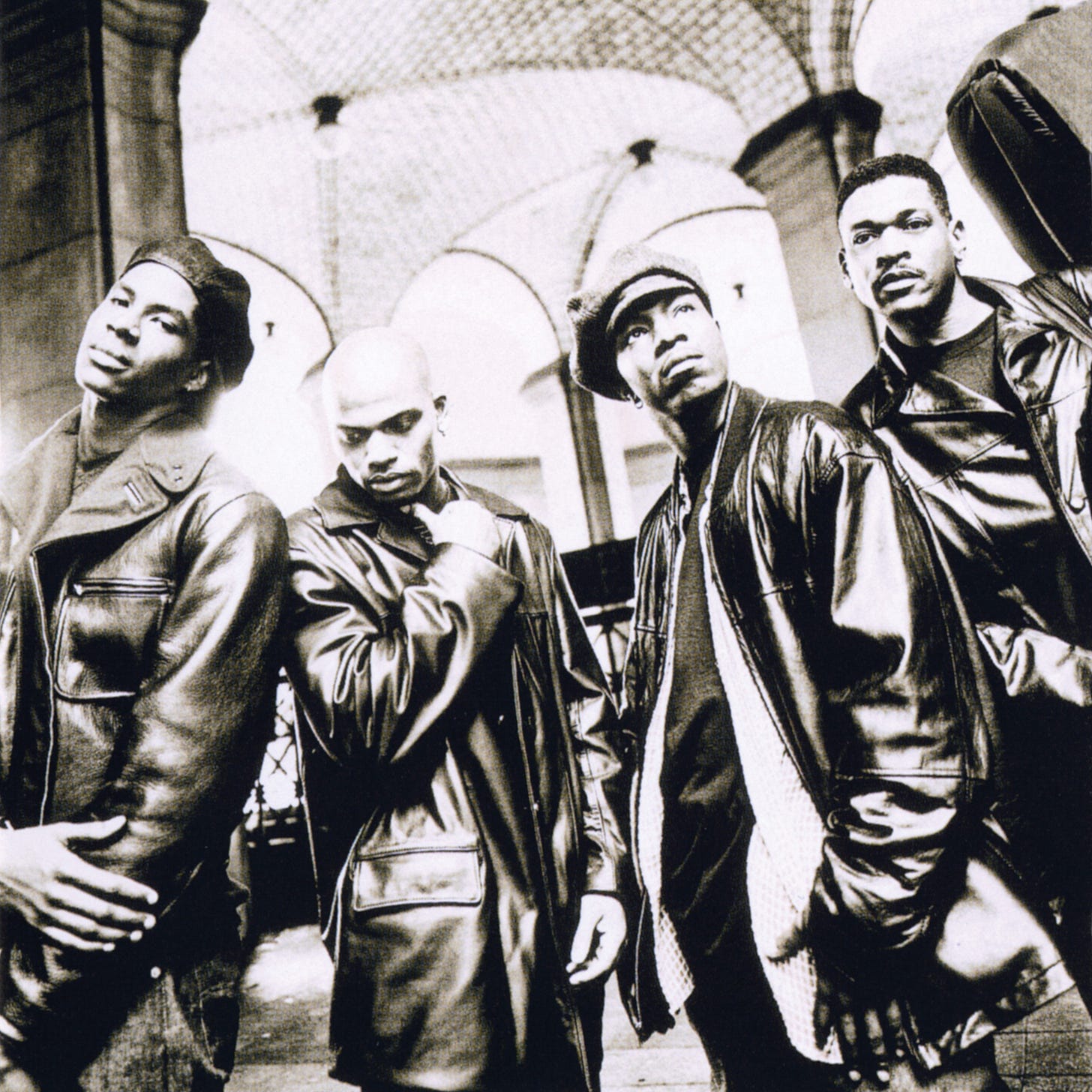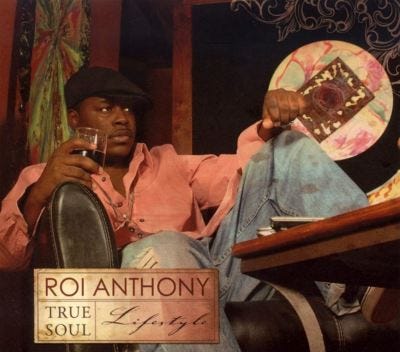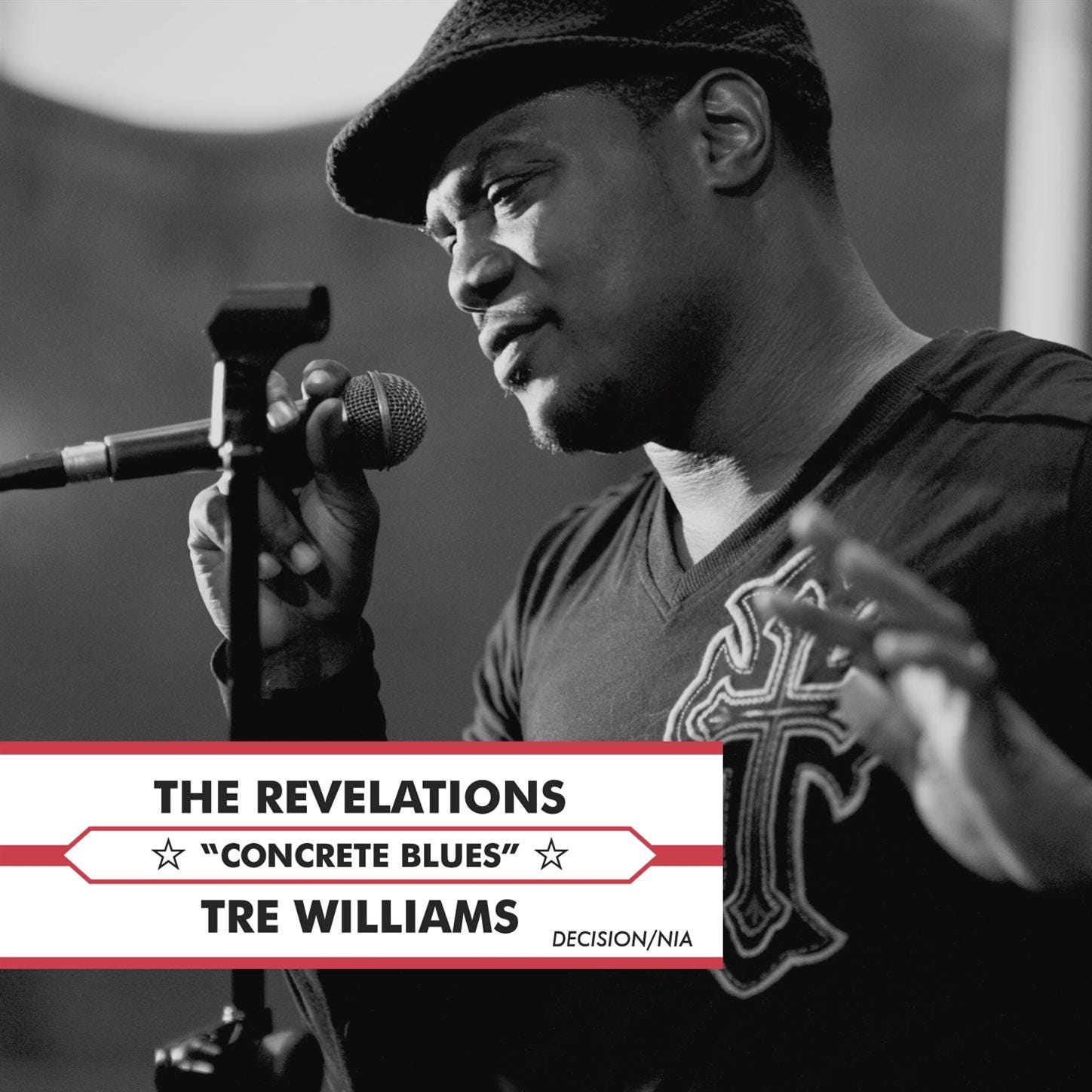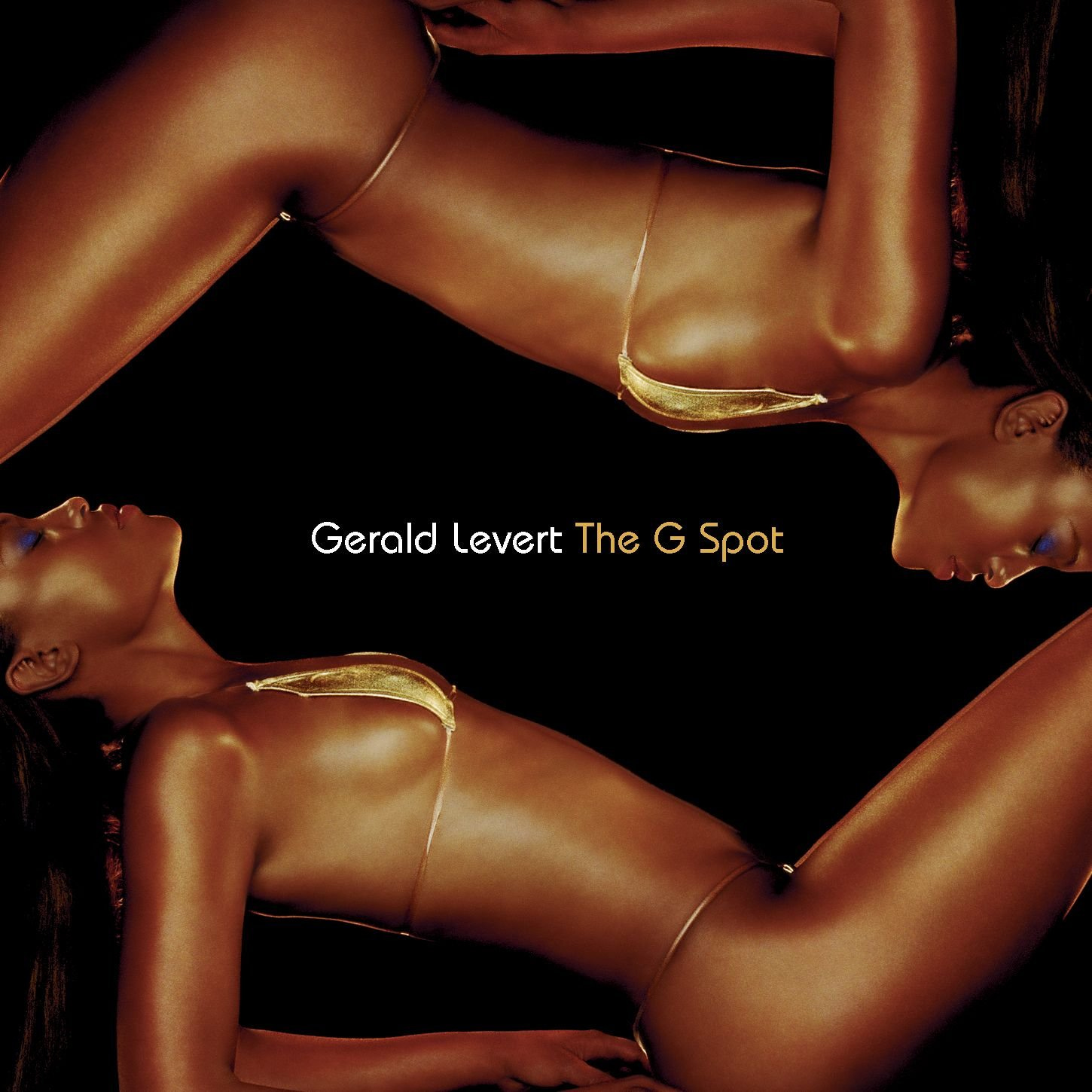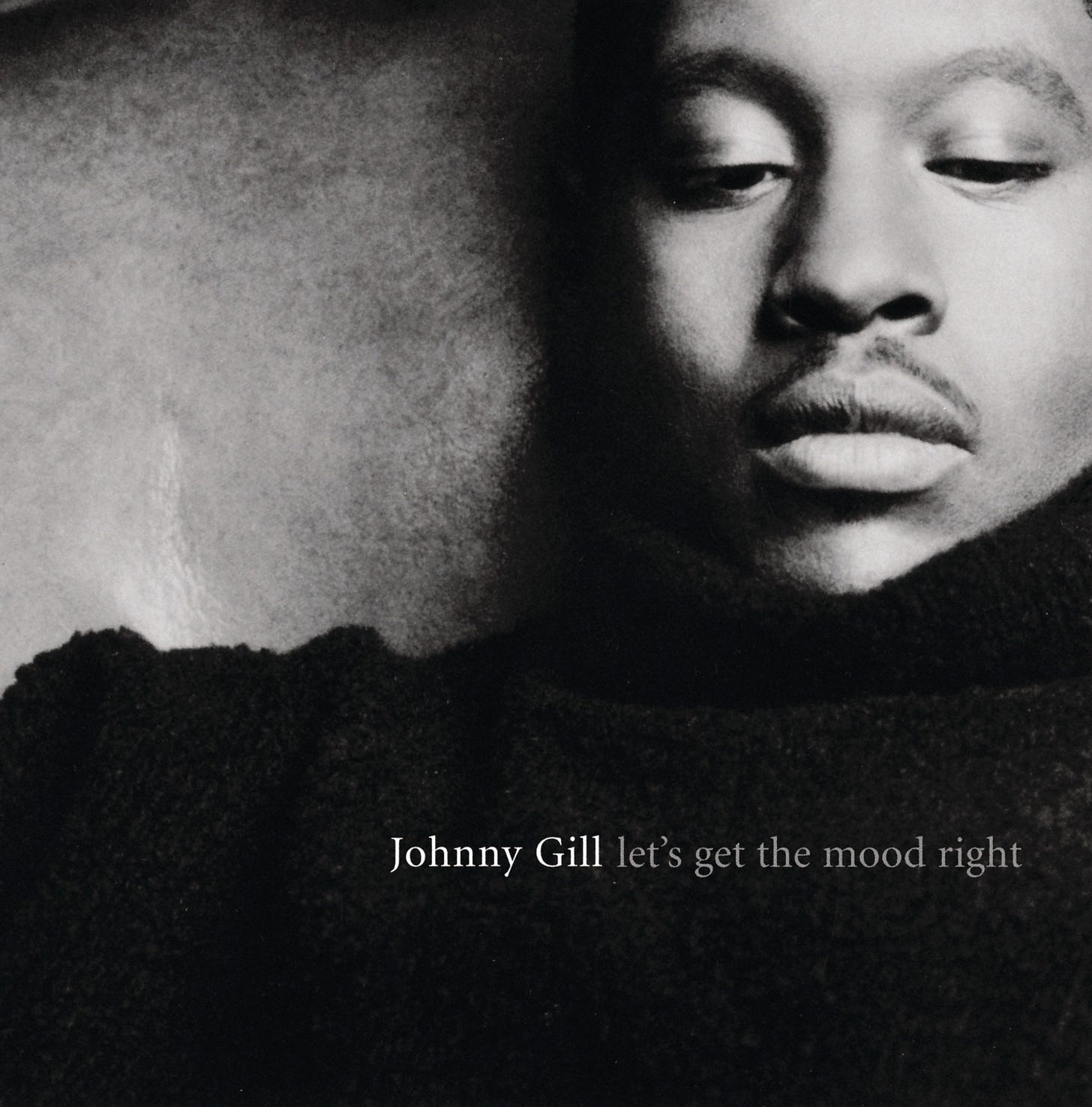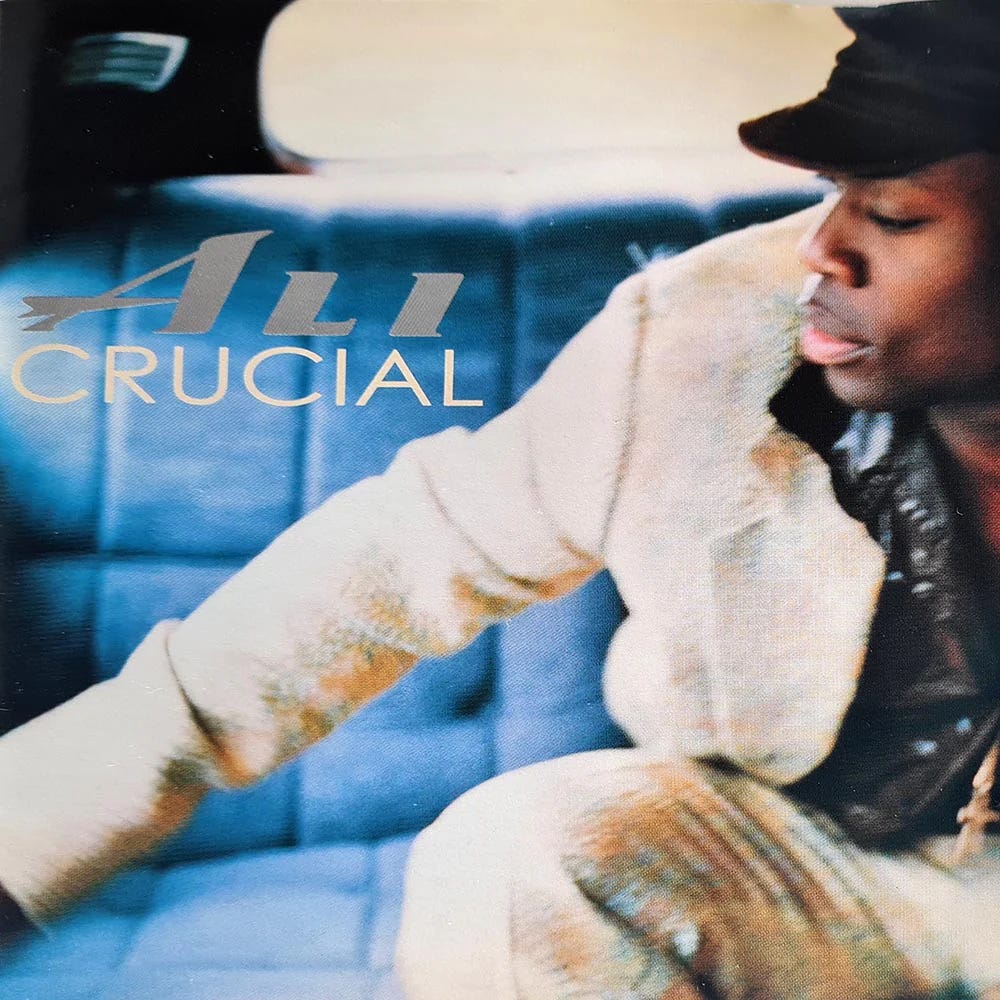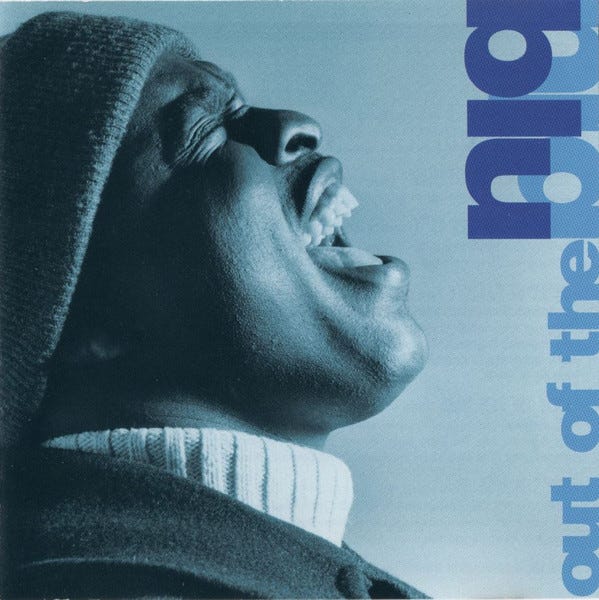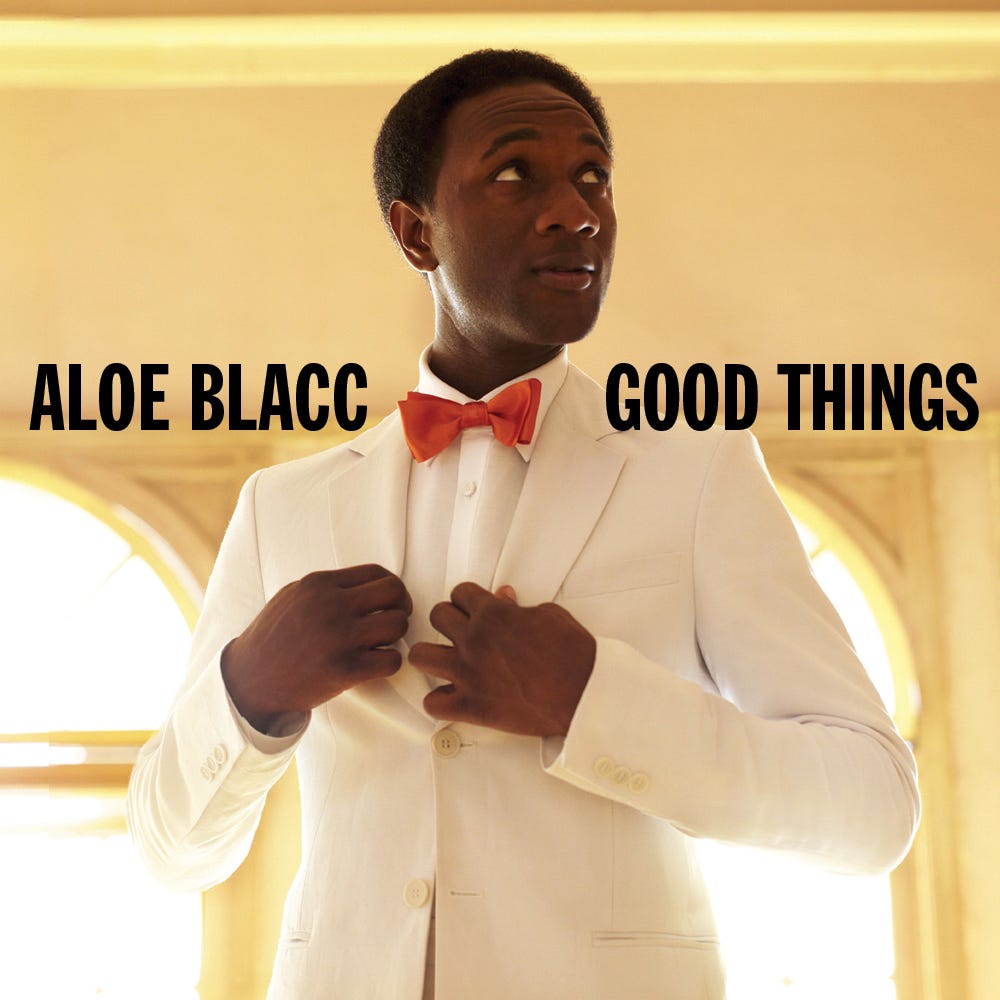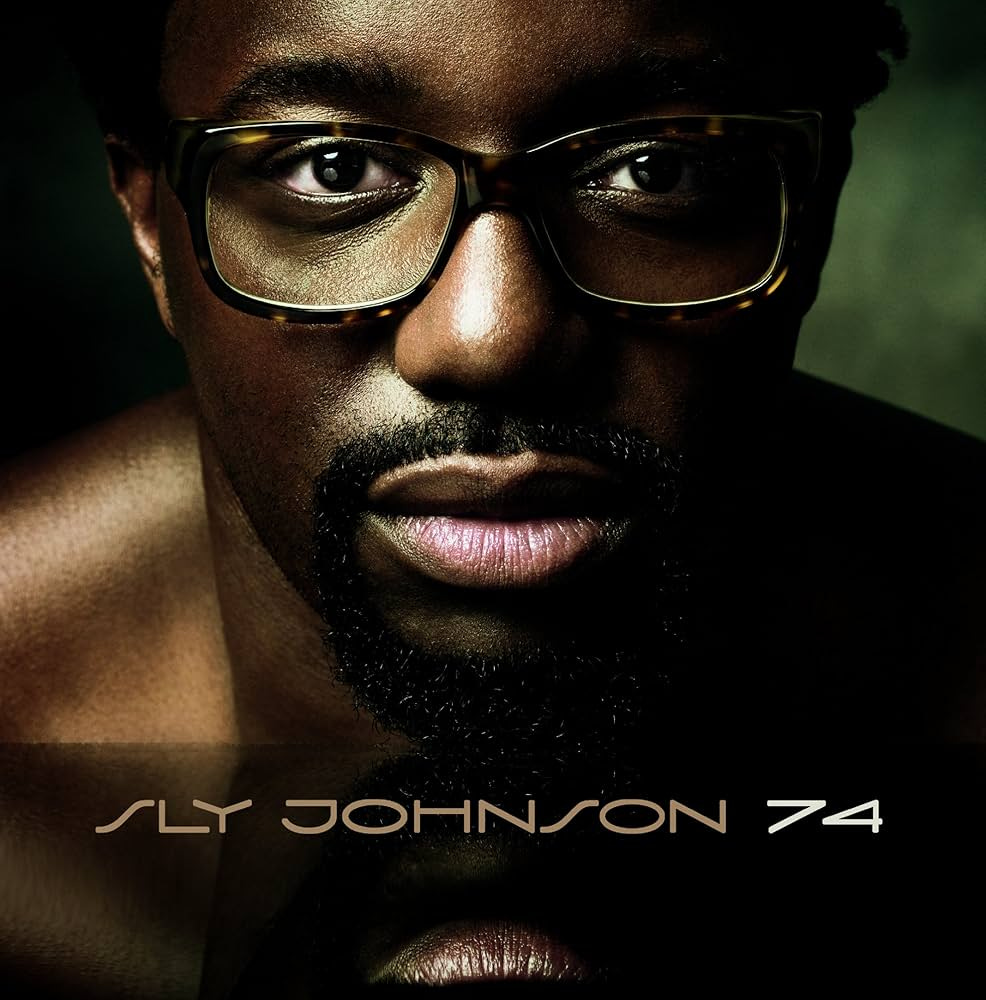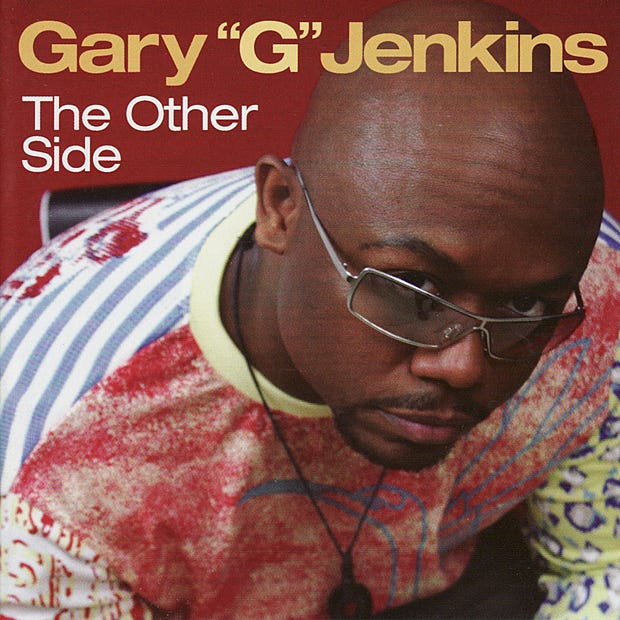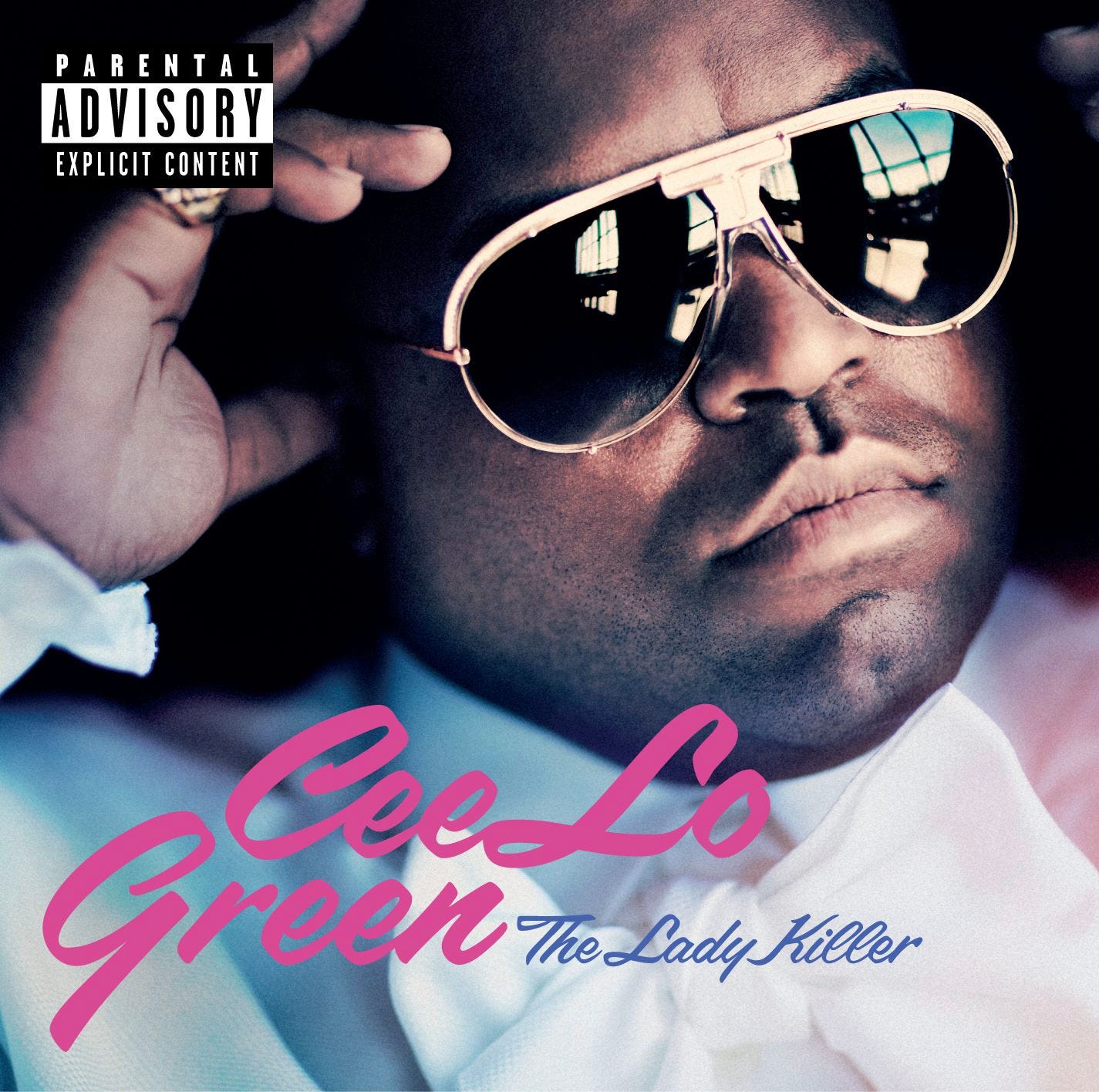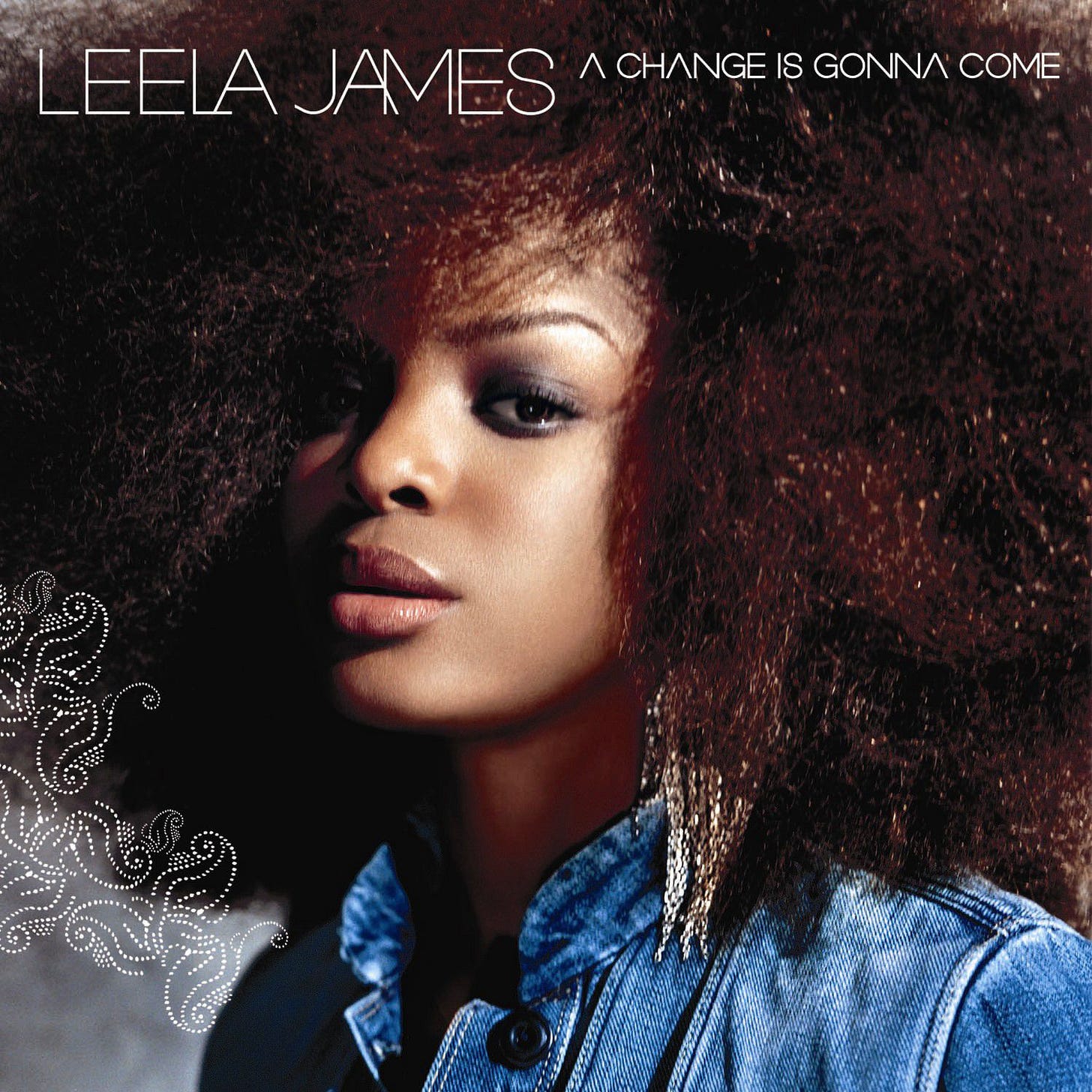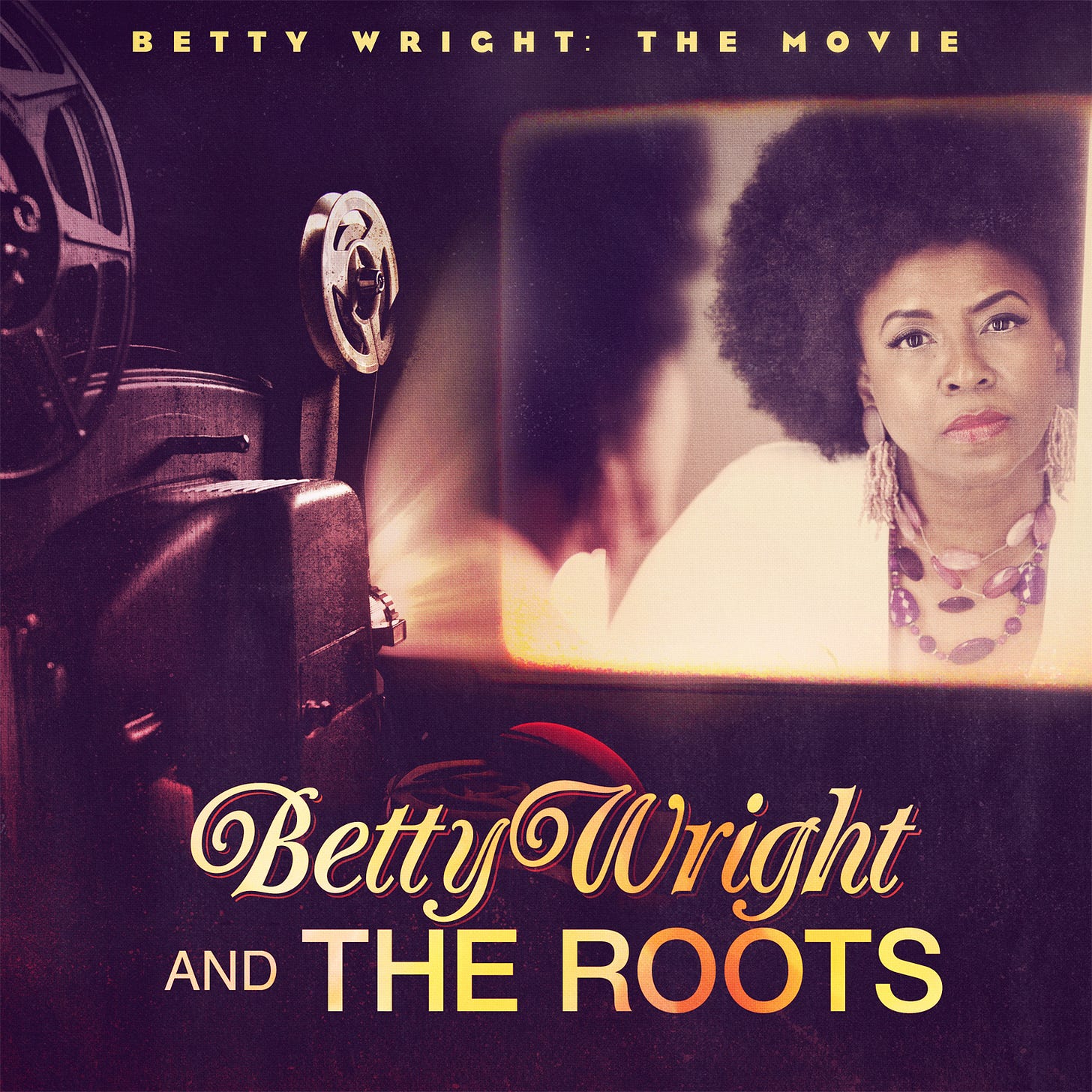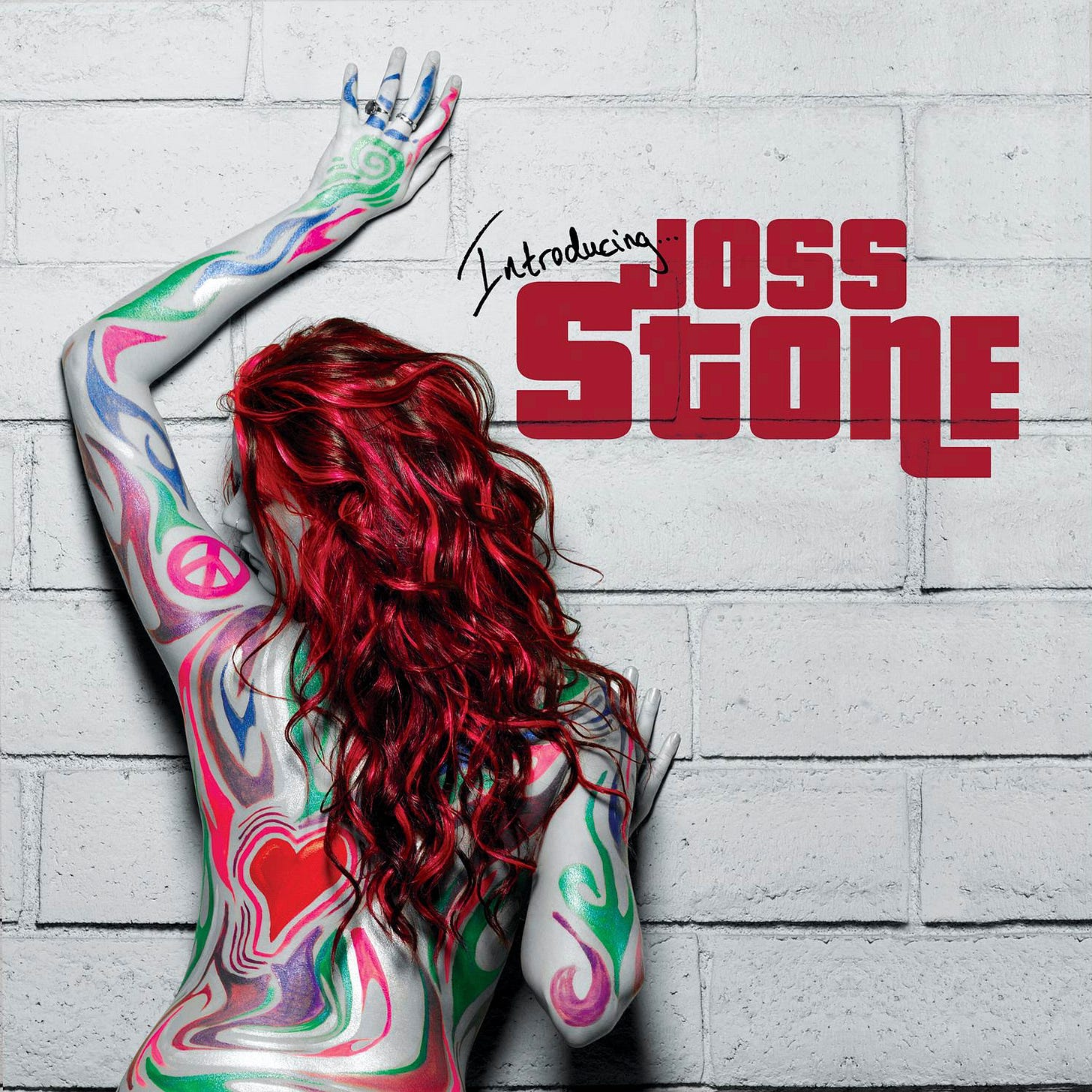The Lineage of Al Green and Bobby Womack
Each guide is based on legendary musicians believed to be part of D’Angelo’s roots. It then branches out into post-‘Brown Sugar’ and ‘Voodoo,’ drawn from that tree. Here’s Al Green and Bobby Womack.
From a narrow definition of soul music, we highlighted R&B that connects back to artists like D’Angelo, hoping it might spark broader interest. Even if you try to explain that “today’s R&B is a direct continuation of old-school soul,” if people don’t see it on the surface, it makes sense they’d ignore it. Those surface-level impressions might tighten the entrance to R&B more than we realize. At the heart of this lineage, this guide covered albums released from 1995 to 2015 that connect to D’Angelo in different ways.
Each guide is built around legendary musicians believed to be part of D’Angelo’s roots (Prince, Marvin Gaye, Curtis Mayfield, Sly Stone, and so on), then branch out into post-D’Angelo R&B releases that draw from that heritage. Inevitably, the selections are a bit biased. They heavily feature the genre often called “new classic soul” or “neo-soul.” So, out of all the artists who’ve been active these past two decades, we’re only showcasing about 60% of them. Still, we take some pride in how major releases by well-known R&B artists line up alongside indie records cherished by devoted fans.
We hope you’ll understand that any artist or album was left out intentionally—and that the artists appearing in each guide don’t necessarily belong in only that guide. We'll be over the moon if this sparks a whole new R&B world for you.
For many R&B singers, the American South is a place that stirs special musical emotions. There’s the Southern-style earthy, organic sound and the gritty, deep vocals of the singers who bring that sound to life. Although it might be a stereotype, Southern soul of the ’60s and ’70s—exemplified by labels like Stax and Hi—has long stood as a kind of spiritual home base for artists expressing their Black identity, a touchstone they can return to. Even Virginia, home to D’Angelo, falls within the South. He’s often described with the term “muddy water,” and he’s just one among many singers who naturally weave the style and vibe of Southern and deep soul into their music (or perhaps, they have it embedded in their very being).
Among the most frequently emulated is Al Green (born 1946 in Arkansas), a major Hi sound figure and Memphis soul figure. It certainly helped that the leisurely groove of Hi Rhythm—rooted in a pocket that lent itself to hip-hop producers—was so appealing to a younger generation of creators. But R&B singers who idolize Al Green are especially enamored of his naïve, falsetto-laced vocal style and his presence as a sensual balladeer. They also find kinship in his gospel roots and his role as a minister. As far as D’Angelo is concerned, he’s covered Al Green’s 1972 “I’m Glad You’re Mine” in live shows, and you can hear Al’s influence on tracks like “Send It On” from Voodoo. When Al released his album Lay It Down—using many of the same musicians from the Soultronics collective during D’Angelo’s absence—it further proved his enduring reverence among that crowd.
Though he wasn’t born in the South, Bobby Womack (1944, born in Cleveland, Ohio) has a deep and intense vocal style that’s won over many Southern singers. His gospel background likely strikes a chord with them, too. In R&B, artists who famously show their “Bobby-ness” include K-Ci from Jodeci, Calvin Richardson, and Anthony Hamilton—all singers from North Carolina. In particular, Womack’s 1972 hit “Woman’s Gotta Have It” is enormously popular; D’Angelo even performed it with Questlove in 2013 at the Brooklyn Bowl in New York. Perhaps one reason modern R&B singers are so devoted to Al and Bobby is that their down-home, gritty vibe also fits seamlessly into a more contemporary framework.
Al Green: Lay It Down
It seems the idea came up among Questlove and others while they were recording D’Angelo’s Voodoo. Al [Green] went into the studio with musicians connected to The Roots, all gathering as if it were the ’70s to create and record new songs together. Surprisingly, the result harks back to Al’s Hi Sound era even more vividly than his reunion with Willie Mitchell did. Questlove—like a “human sampler” behind the drums—delivers the same lovable, somewhat “clunky” groove that Howard Grimes or Al Jackson might have laid down, while James Poyser, Spanky, and crew replicate the Hodges brothers’ style with faithful precision. Corrine Bailey Rae, John Legend, and Anthony Hamilton all make stellar appearances, but Al’s presence remains front and center. It’s an ideal collaboration between a soul legend and the musicians who idolize him. — B.O.
Rating: ★★★★☆ (4/5)
Al Green’s voice is timeless, and pairing him with The Roots’ neo-soul/hip-hop sensibilities created an unsung winner. Everything from the authentic production to the guest vocalists serves the core essence of Al’s soul. Unmissable.
Anthony Hamilton: Comin’ From Where I’m From
Anthony Hamilton endured plenty of hardships. The label that launched him (Uptown) disappeared, and then the next two (MCA and Soulife) shelved his planned albums one after another. His first official album finally dropped ten years after his initial signing. During his time at Soulife, he toured with D’Angelo, only to see the label collapse. But as he spent those long waiting periods doing guest spots, neo-soul matured beyond a merely “jazzy” vibe—making listeners more receptive to the raw, heavy influence he’d absorbed from Bobby Womack and Al Green. Anthony’s richly deep voice, bearing all of life’s ups and downs, meshes beautifully with tracks by Jermaine Dupri, James Poyser, and others who add a Southern flair. The ballads “Charlene” and “My First Love” both hit home. It’s an album that truly marks a changing era. — P
Rating: ★★★★½ (4.5/5)
A breakthrough moment for Anthony Hamilton—his gritty, gospel-soaked voice and heartfelt songwriting have made this one a modern soul staple. If you love that Southern deep-soul feel, it’s essential listening.
K-Ci: My Book
Jodeci’s 20-year comeback album stayed true to its old style mainly because K-Ci Hailey’s vocals remained as passionate as ever. Known for his intensely heated, deeply soulful singing (hence the “modern-day Bobby Womack” nickname), K-Ci had already covered “If You Think You’re Lonely Now” for the Jason’s Lyric soundtrack (1994). He revisits Bobby’s signature rasp here with a cover of “Woman’s Gotta Have It” on this debut solo project, released during a lull in K-Ci & JoJo’s activities. The production team includes old friends like Mike Smoove and M. Doc, and K-Ci’s vocal firepower is on full display. “Ghetto Woman” has a raw Southern feel that even out-grits Anthony Hamilton. “Much Too Soon,” featuring Al B. Sure! and Aaron Hall, delivers a slow-jam Uptown reunion vibe, and the neo-soul–tinged “What Else Can I Do” is top-notch. K-Ci’s brand of super-thick soul soaks it all in darkness. — P
Rating: ★★★½☆ (3.5/5)
K-Ci’s solo debut captures that raw, churchy swagger he’s famous for—fans of classic Jodeci and Bobby Womack–style belting will find plenty to love. A bit uneven in places, but the highs are really high.
Calvin Richardson: I Am Calvin
In his 1999 solo debut, Calvin Richardson sang a Bobby Womack tune, and on the Shanachie label, he even released an entire Womack covers collection—he’s a bona fide Bobby disciple. His deep yet smooth voice rests somewhere between his hometown pals K-Ci & JoJo, and he can also mimic Sam Cooke. At one point, Angie Stone took him under her wing, and he collaborated with Raphael Saadiq—parallels to D’Angelo’s trajectory. He then signed with Eric Benét’s label, and, with Benét and company producing, put out this album. “We Gon’ Love Tonite” channels the groove of Marvin Gaye’s “Sexual Healing,” “Hearsay” bursts with Stevie Wonder–style mellowness, and there’s even a cover of DeBarge’s “All This Love.” He’s never been more striking as an urban soul stylist. On the other hand, in his cover of “I’ll Take Care of You” (famously by Bobby Bland), he shows a gritty, bitter side reminiscent of a classic Southern soul man. Both facets define his artistry. — P
Rating: ★★★★☆ (4/5)
Calvin seamlessly blends smooth urban soul with older Southern traditions, showing off both a polished approach and a raw edge. A strong, underrated gem for fans of real soul vocals
Urban Mystic: Ghetto Revelations
With a name that sounds neither like a solo singer nor a group, he actually is a solo act. Urban Mystic debuted hiding half his face, adding mystique. Born in a Florida church family (both parents are pastors), he’s the quintessential preacher’s kid—but his fiercely raw vocal style is rare these days. He lists Al Green, Bobby Womack, and Sam Cooke among his secular influences, and on this debut, he immediately covers Bobby’s “Woman’s Gotta Have It.” His rough, powerful singing is supported by a blunt, vintage-sounding beat, with sampling from older records—like speeding up George Duke’s electric piano from a Cannonball Adderley Quintet track on “Where Were You” or reusing the electric sitar from an Al Green tune on “Long Ways”—which deepens his soulful melancholy. — B.O.
Rating: ★★★½☆ (3.5/5)
An intriguing introduction to a raw, Southern-inflected singer. Though not every track is perfectly polished, the production is gritty and exciting. Still, the potential and passion shine through.
Noel Gourdin: After My Time
A singer from near Boston who, with help from KayGee and Balewa Muhammad, left a “post-Jaheim” impression. After collaborating with Ghostface Killah, Noel Gourdin made his major debut with this album, best known for “The River.” Borrowing from Millie Jackson’s “How Do You Feel the Morning After,” it’s a nostalgic Southern-soul ballad recalling childhood days in rural Mississippi. The record is imbued with a vintage soul feel that stretches back to Sam Cooke and Otis Redding’s era. Whether on “Led You On,” the dramatic “Better Man” (using a Dynamic Superiors sample), or the funkier mid-tempo “PYT” (produced by Raphael Saadiq), Noel’s honest vocal style—often dipping into falsetto—stands out. “Sorry,” sampling Ronnie Foster’s “Mystic Brew,” is a jazzy slow-burn. His second and third albums intensify the soul factor further. — B.O.
Rating: ★★★★☆ (4/5)
Calvin seamlessly blends smooth urban soul with older Southern traditions, showing off both a polished approach and a raw edge. A strong, underrated gem for fans of real soul vocals.
Governor: Son of Pain
After debuting on Warlock in 2000 with an album that quoted Bobby Womack’s “You’re Welcome, Stop On By,” Governor eventually signed to T.I.’s Grand Hustle and made his major-label debut here. A native of Virginia (like D’Angelo) with a higher-toned voice, he sings with loads of Southern feeling. Songs like “Out Of My Hands” loop the mournful piano riff from Act I’s “Friends Or Lovers,” and the Raphael Saadiq–produced “Never Wanna Leave” reworks Donny Hathaway’s “I Love You More Than You’ll Ever Know.” Scott Storch’s “Destiny” is another bluesy ballad reminiscent of ’70s Southern soul. He also guested with Joy Denalane around the same time. These raw, heartfelt vocals stand out. — P
Rating: ★★★½☆ (3.5/5)
An earnest attempt at blending hip-hop influences with old-school soul vibes. The production has highlights, and Governor’s emotional sincerity is clear. Some tracks feel uneven, but it’s a solid listen.
Lyfe Jennings: Lyfe 268-192
The number in the title is his prison ID from more than a decade behind bars. Chester Jennings, who learned to sing in church, got mixed up in drugs while pursuing music and served time for arson. Yet he kept making music in prison, won Amateur Night five times, and landed a Sony deal. His voice is extremely distinctive—a nasal tone and fluttering vibrato reminiscent of Al Green, but with a tough rasp à la Bobby Womack. Add in his squeezed-out singing style with frequent turns of melisma, and you have a uniquely raw approach. Beyond singing, he’s a self-contained musician who tackles social issues in his lyrics, earning him the nickname “the modern Bobby Womack.” He even titles a track “The Way I Feel About You,” echoing Bobby. Nearly the entire album is slow jams that showcase his voice, and it never strays from that focus. — P
Rating: ★★★★½ (4.5/5)
A breakthrough moment for Anthony Hamilton—his gritty, gospel-soaked voice and heartfelt songwriting have made this one a modern soul staple. If you love that Southern deep-soul feel, it’s essential listening.
The Transitions: Back In Da Days
Under Michael Bivins (New Edition / Bell Biv DeVoe), this trio came off like hustlers straight out of a ’70s blaxploitation flick—“Ghetto Laws” in particular. The title track references Solomon Burke’s “Over and Over (Hugging and Loving),” deftly blending urban elegance with Southern dirtiness, like The Dramatics and Bobby Womack appearing at once. Charles “Gator” Moore, who later covered Sam Cooke’s “A Change Is Gonna Come” solo, has a rasp that channels both Sam and Bobby for a classic vibe. Meanwhile, “Fat Ass Pam” borrows from Biggie’s “The What” and uses a D’Angelo-like vocal style, showing the group’s throwback approach via a hip-hop lens. Balewa Muhammad has since been active behind the scenes. — B.O.
Rating: ★★★½☆ (3.5/5)
Fun, retro-minded R&B with a hip-hop twist. The rawness and swagger are infectious, though a couple of tracks rely heavily on period style. Still, that blend of classic soul and rap-minded flair is memorable.
Solo: Solo
This is a one-of-a-kind album. Solo was discovered singing on the streets of New York by Karyn White and Terry Lewis, who then introduced them to Jimmy Jam & Terry Lewis’s label. Their retro style includes harmonizing classic soul (à la Sam Cooke’s “(What A) Wonderful World”) over just an upright bass, and Jam & Lewis somehow updated that sound into something fresh. Their lead vocalist, reminiscent of Sam Cooke or Bobby Womack in his raw gospel era, teams with a slightly huskier singer and a smooth tenor, creating a powerful three-lead setup. Rather than just a cappella covers of famous songs, they craft universal originals that subtly reference soul classics, resulting in nostalgic yet approachable tunes. — B.O.
Rating: ★★★★½ (4.5/5)
A glorious balancing act of doo-wop harmonies, classic soul influences, and contemporary polish. This is essential listening if you love old-school group vocals with a modern twist.
Le’Jit: New Beginning
Le’Jit is a trio of brothers from Louisiana led by Roy Anthony. Their 1997 debut sounded cheap and indie, but charmed fans with a passionate falsetto/baritone cover of Lenny Williams’s “Cause I Love You,” offering a vocal-centric, authentic soul rarely heard in the mainstream. This is their third album, following a 1998 sophomore effort. Though still indie, it no longer sounds low-budget. Both the production and vocals are more refined. “No Woman” layers the Four Tops’ chorus with harmonies à la Take 6, demonstrating new skills. Yet the true essence of their music remains in slow-burning “vocal battles” like the Sam Cooke–inspired “I Found Love” or the early ’90s–style “Good Woman.” Imagine Bobby Womack vs. Lenny Williams—that’s the thrilling soul they deliver. — B.O.
Rating: ★★★★☆ (4/5)
They’ve honed their sound beyond the rough edges of their debut, delivering top-notch old-school–leaning soul. The interplay of falsetto and baritone remains their signature strength.
Roi Anthony: True Soul Lifestyle
A roar from the Deep South. The lead singer of Le’Jit (above) belts out with a baritone that practically attacks you. Yet he claims Marvin Gaye’s harmonies and D’Angelo’s style are influences, resulting in vocals that are both powerful and elegant and dripping with sensuality. On this first full-length solo album, thick old-school slow jams like “Open Invitation” coexist seamlessly with bouncy Southern cuts featuring New Orleans rappers. Tracks like “Brand New,” which references The Stylistics, a remake of a Harold Melvin & the Blue Notes classic called “Miss U” (nodding to David Ruffin’s version), and the mid-tempo “Groove Swing” from a previous mini-album all radiate pride and passion from a man who knows real soul. His 2010 project Who Am I ~ Part 1 is also remarkable. — P
Rating: ★★★★☆ (4/5)
A bold statement from a powerhouse vocalist, balancing deep, old-school slow jams with more modern Southern production. Fans of David Ruffin or Marvin Gaye–styled baritone soul will be well pleased.
The Revelations feat. Tre Williams: Concrete Blues
In retrospect, they were doing what D’Angelo aimed to do on Black Messiah. A retro-soul band from Brooklyn championed by Bob Perry (associated with Wu-Tang Clan behind the scenes). They recorded this second full-length at Memphis’s Royal Studio (hallowed ground of the Hi Sound) with Boo Mitchell (Willie’s son) as co-producer, reproducing classic Memphis soul with a bit of rock edge. Charles Hodges (organ), Lester Snell (keys), James Alexander from The Bar-Kays (bass), and more Memphis legends contributed to the arrangements, while Tre Williams’s smoky vocals give each track a deeply bluesy feel. Their duet with Vick Allen, “I Gotta Have,” feels like an answer to a Bobby Womack track and could be imagined as a collaboration between D’Angelo and Anthony Hamilton. Their 2014 album featuring lead vocals by “Rel” is similarly excellent. — B.O.
Rating: ★★★★☆ (4/5)
A modern band that nails the vintage Memphis soul aesthetic, complete with top-tier studio musicianship and emotive lead vocals. Soul revival fans will love it.
Gerald Levert: The G Spot
The oldest son of Eddie Levert (The O’Jays), Gerald carried on the family’s R&B tradition since debuting with LeVert in 1984, blending R&B and hip-hop seamlessly. He never released a bad album—whether father-son duets or LSG projects. In 1998, he covered a Bobby Womack tune (another Ohio legend). On this release—featuring an Ohio Players–style “woman figure” cover design—you’ll hear plenty of neo-soul influence, like the Soulquarians-esque groove on “Winding Me Out.” Co-producer Randy Bowland and recording at The Studio with Larry Gold’s string arrangements lend a classic feel. It starts with a Mystikal feature, welcomes Roy Ayers on “Oh What a Night,” and references The O’Jays’ “Family Reunion” in “All That Matters.” The entire record is drenched in a ’70s Philly vibe, and Gerald even unleashes an Al Green–style falsetto. Tragically, he passed away in 2006 at just 40. — B.O.
Rating: ★★★½☆ (3.5/5)
A potent blend of modern R&B, hip-hop touches, and lush Philly soul nods. Gerald’s vocals are top-tier as ever. It's another solid album from an artist who gone far too soon.
Johnny Gill: Let’s Get the Mood Right
Back when he was on Cotillion, Johnny Gill sang Sam & Dave ballads with astonishing maturity for a mid-teens vocalist. Later, he joined New Edition and was relaunched as a solo singer thriving in the New Jack era. This third Motown album, overseen by Steve McKeever, focuses on the balladeer route established on “My My My,” culminating in a richly classic-soul feel. “Touch” samples The O’Jays’ “Cry Together,” “It’s Your Body” features Roger (Zapp) on talkbox, and Stevie Wonder guests on “Simply Say I Love U.” These slow jams reflect the rise of new classic soul. Johnny’s profoundly resonant voice earns him Luther Vandross comparisons, yet he can unleash raw, feral ad-libs à la Bobby Womack. After LSG, he returned to making solo music alongside ongoing New Edition activities. — P
Rating: ★★★★½ (4.5/5)
One of Johnny Gill’s best: a seamless fusion of classic-soul balladry and mid-tempo jams. His vocals are simply breathtaking throughout.
Ali: Crucial
Ali Tennant is now known as a vocal coach (for Jessie J, Sam Smith) and songwriter (co-credited on a David Guetta track featuring Jessie J), but he once released an incredible soul masterpiece. Born in Hackney, London, he debuted in the new-jack group Rhythm N Bass, which never took off beyond a single or two. Then he released this solo album produced by The Family Stand, Salaam Remi, and others—excellent picks. From “Feelin’ You,” which reshapes Keni Burke’s “Risin’ to the Top,” onward, the retro-tinted backing tracks support his voice, which can evoke Al Green, Bobby Womack, or even Ronald Isley. His delirious brand of soul is as potent as a well-fermented delicacy. — B.O.
Rating: ★★★★☆ (4/5)
A hidden UK-soul gem. Ali’s vocals have both grit and sweetness, and the production is on point. Fans of mellow, vintage-leaning R&B should definitely explore it.
Blu: Out of the Blu
Based in Los Angeles since the late ’80s, Blu (not to be confused with the MC with the same name) once formed a group with Trayvon Potts and even sang backup on Kipper Jones’s Ordinary Story (1990)—he’s a seasoned vocalist. D’Wayne Wiggins of Tony! Toni! Toné! recognized his talent and backed his solo debut fully. The album opens with “My Ol’ Lady,” borrowing lines from Johnny Taylor’s “Disco Lady,” unleashing a full ’70s soul approach. Slow jams like “Pillow Talk” and “Clap Your Hands,” plus the breezy title track, all benefit from Benjamin Wright’s string arrangements, reminiscent of the Tony! Toni! Toné! lineage. Phrases from Parliament and Earth, Wind & Fire also pop up. His voice, brimming with joy and depth akin to Glenn Jones, truly soars on the danceable “Lip Service.” He also guested on a Boo-Yaa T.R.I.B.E. project. — P
Rating: ★★★½☆ (3.5/5)
A vintage-leaning soul album that brims with Tony! Toni! Toné!–style grooves. Great vocals and crisp production, though it’s occasionally derivative. Still, it’s a fun throwback.
Aloe Blacc: Good Things
Aloe Blacc is known to cover “Love and Happiness” on stage—a big Al Green fan. Even the white-suit album cover seems to copy Al’s iconic style. Soundwise, he aims for Memphis, yet he’s somewhat elusive as a vocalist. Where Al Green lingers with that haunting aftertaste, this singer’s tone feels more straightforward, recalling Bill Withers’s plainspoken approach. Yet you can sense genuine depth on a track like “Life So Hard.” Oddly enough, his falsetto can be quite thick, too. Born in L.A. to Panamanian immigrant parents and initially a rapper, he’s never constrained by the typical “rules” of singing. This second album, produced by Truth & Soul (who boosted Lee Fields), is recommended for fans of vintage-sounding soul. — P
Rating: ★★★☆☆ (3/5)
An intriguing Memphis-inspired project with moments of real grit, but it never quite gels into something unforgettable. Worth a listen for the vintage vibe, though.
Sly Johnson: 74
It’s spelled Sly, not Syl. Under the name Sly the Mic Buddah, this French singer started as a beatboxer. Asked about his influences, he cites Donny Hathaway first, plus Rachelle Ferrell, Gerry Mulligan, and even the Fania All-Stars—a huge range. Yet if you listen to him sing, there’s a strong Southern accent to his style. A clear example is his cover of Otis Redding’s “Fa-Fa-Fa-Fa-Fa (Sad Song),” which in the latter half unleashes some impressive mouth-scratching. It’s a punchy Otis homage with extreme rhythmic “drag” for a funky, high-impact track. He’s not about subtlety, but the Slum Village–featured tune has a Bilal-like feel. He also gets intense on ballads, including a duet with a female singer. With Eric Krasno (Soulive), T.M. Stevens, Larry Gold, and others pitching in, the production is high-caliber U.S.-style soul. — P
Rating: ★★★½☆ (3.5/5)
Unorthodox, high-energy funk-soul with adventurous beatboxing twists. It may be a bit out-there for purists, but it’s undeniably creative and entertaining.
Gary “G” Jenkins: The Other Side
Lil G from Silk—who scored a hit with “Freak Me” (1992), produced by Keith Sweat—put out this first solo album initially as a CD-R, later picked up by the UK’s Expansion label (and reissued stateside in 2007). Here, he freely showcases the deep soul/funk roots that differ from Silk’s usual style. “One and Only” mimics the Hi Sound, channeling Al Green. “Ev’rybody Dreams” offers a post-D’Angelo laid-back vibe, “Friday Night” is a mellow modern-soul groove brimming with weekend energy, and “Lovin’ U” feels like a Mint Condition–style ballad. The tracklist is loaded with organic, jammy tunes. There’s also a P-Funk/G-Funk–tinged “Goes & Comes” and a sticky Southern-funk jam, “Boolyghettoness,” reminiscent of Tony! Toni! Toné! in the South. Another hidden gem in the neo-soul vein. — B.O.
Rating: ★★★½☆ (3.5/5)
A charming, under-the-radar release that’s more adventurous than you’d expect from “the guy in Silk.” Occasionally uneven, but when it lands, it really lands.
CeeLo Green: The Lady Killer
A Southern soul machine who, as part of Gnarls Barkley with Danger Mouse, had a global hit with “Crazy.” Born in an Atlanta pastor’s home, he learned to sing in church and then entered hip-hop via the Dungeon Family in the ’90s. Though known for rapid-fire raps, he took the stage name “Green” in tribute to Al Green—he’s that big of a fan. On this third solo album, best illustrated by the retro-themed single “F**k You” (produced by Bruno Mars and company), he fully embraces his soul side. Whether it’s the nostalgic soul track produced by Jack Splash featuring Philip Bailey or a cover of indie-rock band Band of Horses that he transforms into his own style, he shows impressive range. He’s a genre-bending artist with remarkable depth. — B.O.
Rating: ★★★★½ (4.5/5)
A creative tour de force combining throwback soul, modern pop hooks, and CeeLo’s unbridled vocal charisma. Plenty of highlights, with hardly a dull moment.
Leela James: A Change Is Gonna Come
Leela James named her debut after a Sam Cooke classic, signaling her deep love of old soul. With a powerful voice belying her small stature, Leela resurrects traditional soul for the modern age. Compared to Etta James—and even creating her own tribute to Etta—she also follows in the line of Mavis Staples and Millie Jackson, embodying deep-soul greatness. Even an upbeat track like “Good Times,” which uses a Gwen McCrae “Funky Sensation”–like sample, never betrays that deep-soul image. The James Poyser–produced “My Joy,” a bluesy slow jam, feels akin to Anthony Hamilton’s brand of Southern grit. On her second album, she covers Betty Wright, Bobby Womack, and Womack & Womack, further cementing her deep-soul credentials. — B.O.
Rating: ★★★★☆ (4/5)
Leela’s debut is a fiery statement of classic-soul revivalism. She’s got the pipes and the passion to bring that tradition forward, especially on the slower numbers.
Betty Wright & The Roots: Betty Wright — The Movie
The Queen of Miami Soul known for her 1971 hit “Clean Up Woman,” Betty Wright naturally joined forces with The Roots after connecting through Joss Stone’s music. Having guested on Erykah Badu and Angie Stone projects, Betty is practically a mother figure to neo-soul. On the opener, “Old Songs,” she pays tribute to legends (and next-gen artists) while preaching the value of classic soul. She continues delivering life-advice tracks for younger audiences with total confidence. Even guests like Snoop Dogg and Lil Wayne seem green next to her. The Roots’ band sets a ’70s Miami soul mood with crisp guitar riffs and drum-machine–textures. As heard in “Baby Come Back” (duet with Lenny Williams), the key factor is Questlove’s drumming. “In the Middle of the Game (Don’t Change The Play)” stands out with a killer mid-tempo groove. — B.O.
Rating: ★★★★½ (4.5/5)
An intergenerational triumph. Betty’s powerhouse vocals and seasoned perspective mesh perfectly with The Roots’ polished yet organic backing. Soulful and fresh at the same time.
Joss Stone: Introducing Joss Stone
Betty Wright acted as mentor and coordinator, mustering Miami Soul veterans for The Soul Sessions, which launched this British singer’s career in spectacular fashion. A devoted listener of Aretha Franklin and Lauryn Hill (who appears on this record), Joss Stone finally found her own color with Raphael Saadiq as co-producer here. The sound is far more retro than Lucy Pearl’s, evoking Carla Thomas’s “B-A-B-Y” on “Baby, Baby, Baby” and The Staple Singers’ “I’ll Take You There” on “Tell Me ’Bout It,” lending a Stax-like flavor. Though Joss’s bluesy vocals evoke Janis Joplin, she also channels Mavis Staples, Dorothy Moore, and definitely Aretha. On “Headturner,” she literally quotes a line of “Respect.” — P
Rating: ★★★★☆ (4/5)
A rich evolution of Joss’s neo-soul style—Saadiq’s production suits her perfectly. Her voice is stronger, the arrangements are retro-cool, and her artistry comes into sharper focus.


